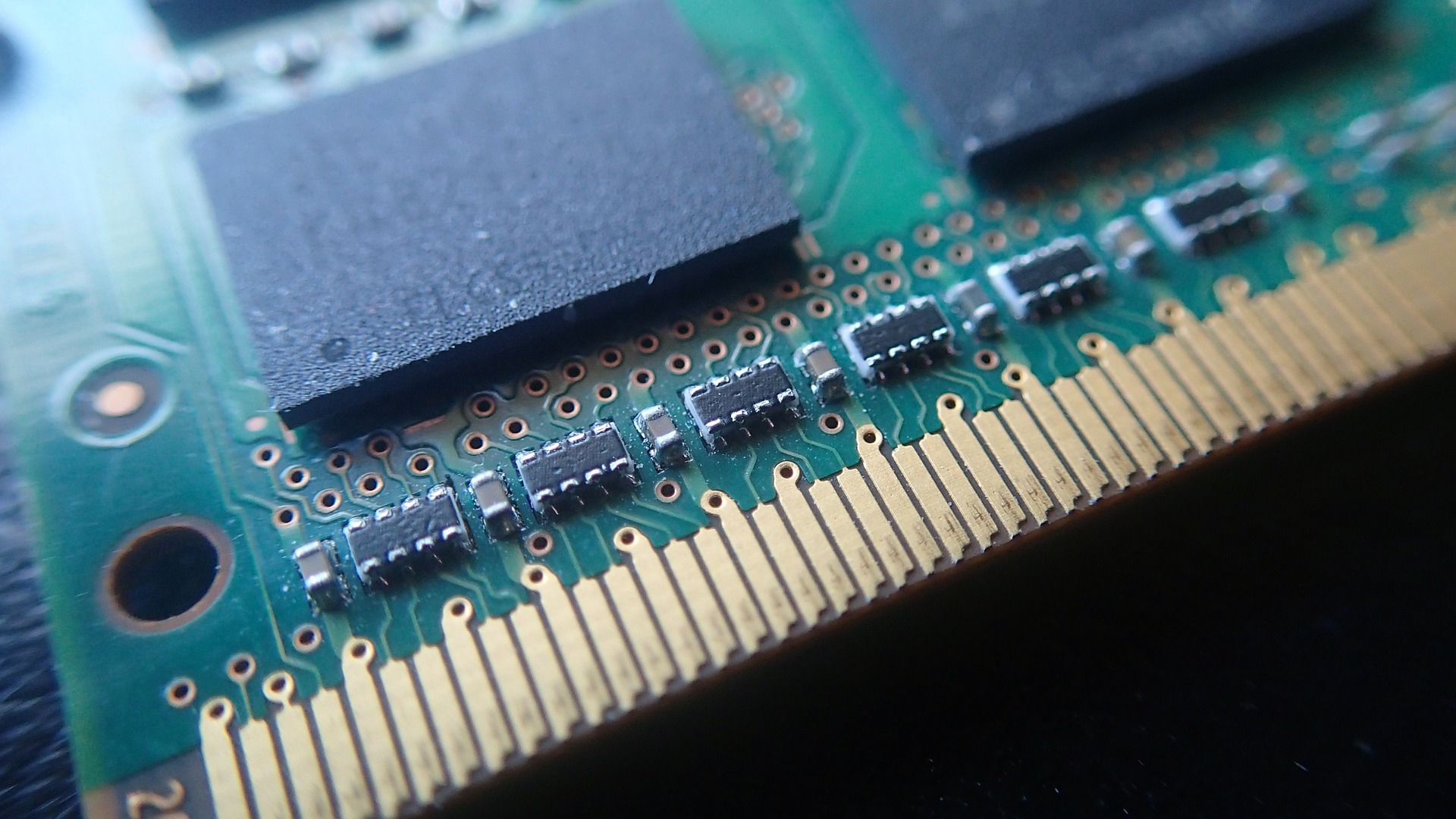Windows 12’s RAM demands could spell doom for older PCs
It’s not all bad news, though...

Sign up for breaking news, reviews, opinion, top tech deals, and more.
You are now subscribed
Your newsletter sign-up was successful
Windows 12’s system requirements are the latest speculation to be aired on the grapevine regarding the next version of Microsoft’s desktop OS, and the news is kind of good and bad.
Let’s start with the positive aspects here, which are that most of the recommended specs should stay the same compared to Windows 11, at least if a rumor from German tech site Deskmodder is correct (as flagged by Neowin).
The site’s unnamed sources – as ever, add your own seasoning, and maybe tablespoons rather than teaspoons in this case – claim that there should be no change on the security front. Specifically, the stipulation for the PC’s security needs will call for TPM 2.0 as is the case with Windows 11 currently.
Deskmodder clarifies that it’s too early to bring in Pluton, Microsoft’s security chip that has been included with some devices since last year, but not nearly enough to be requiring its presence.
Processor support, too, should remain unchanged according to this new info, so if your CPU is good enough for Windows 11, it’ll remain able to cope with any demands placed on it by the next-gen OS.
What may be different is that the RAM requirement could be upped to 8GB. We should note at this point that even the rumor couches this as a possibility, and as such it may not happen – the minimum spec could remain at 4GB, as with Windows 11.
However, it’s possible Microsoft could double up that RAM spec, and the reason for 8GB would apparently be the new ‘Cloud PC’ feature we’ve been hearing quite a bit about lately. The latter may be one of the key new features that Windows 12 is built around.
Sign up for breaking news, reviews, opinion, top tech deals, and more.
Other specs aren’t mentioned in the leak, but we can guess that the primary missing piece of the puzzle, namely storage, will probably be pretty much in line with Windows 11.

Analysis: But RAM, it’s an easy upgrade anyway, right? Well…
It’s not a big surprise that TPM 2.0 would remain in place and security demands won’t be beefed up, but it’s good to hear this nonetheless (even if it’s just rumored – all of this info should be treated with some caution, as we’ve already touched upon).
Similarly, it’s no shocker that the CPU requirements would stay the same. Windows 11 already set a pretty high bar here, and to raise it further definitely wouldn’t be well received.
The RAM is the fly in the spec ointment, though, with that potential ask of 8GB. The trouble with this is that there are still a lot of folks out there motoring along with Windows 11 and 4GB of RAM, the current minimum spec. Well, maybe not motoring, but certainly plodding along happily enough accomplishing basic tasks like emailing and web browsing without breaking a sweat.
It's true that for multi-tasking apps and more demanding work, ideally, you want 8GB of system memory these days anyway – heck, lots of Chrome browser tabs can be pretty demanding still (although Google has taken action on that front). But plenty of users out there won’t be happy about being frozen out of Windows 12 if it does raise the minimum RAM bar to 8GB.
But RAM is easily upgraded, you say? Well, yes, true enough. It’s one of the easier upgrades to carry out on a PC for sure, but it’s still something that might intimidate the less tech-savvy. And remember, it’s more complicated on some PCs, such as in cases where the CPU fan overhangs the RAM slots, thereby requiring the cooler to be removed to perform the upgrade, so the process then becomes a somewhat fiddlier affair.
There’s also the small matter of laptops, too – some of them can’t have their RAM upgraded, as it’s soldered on.
If Microsoft really is mulling a move to 8GB minimum, and perhaps soon – with Windows 12 rumored to be set to arrive next year – this could cause some bad feeling in terms of forced upgrades (or maybe devices locked out totally, in the case of laptops), pretty soon after the launch of Windows 11. Let’s face it, the majority of folks still haven’t made the jump to Windows 11 yet, and the next iteration of the OS is on the horizon already (maybe).
In a relatively short space of time – certainly in the world of operating systems – we’ve gone from needing 2GB of RAM for Windows 10 in 2015 (indeed, 1GB for a 32-bit installation originally), doubling up to 4GB for Windows 11 in 2021, and then potentially just three years after that, doubling again to 8GB? That feels like a steep rise when all other specs are remaining the same.
Is it time to upgrade your 4GB PC, then? Well, maybe – if that’s possible – but of course, let’s not get carried away quite yet. The theorized 8GB requirement may evaporate into the rumor ether, and we’re guessing there are a fair few folks that are hoping for such a vanishing act to happen.
If 1 in 20 gamers still have 4GB of RAM according to the latest Steam survey – with those who game typically being highly conscious of needing plenty of this particular system resource so frame rates run smoothly – we can only imagine how many everyday users remain in this boat.
Darren is a freelancer writing news and features for TechRadar (and occasionally T3) across a broad range of computing topics including CPUs, GPUs, various other hardware, VPNs, antivirus and more. He has written about tech for the best part of three decades, and writes books in his spare time (his debut novel - 'I Know What You Did Last Supper' - was published by Hachette UK in 2013).